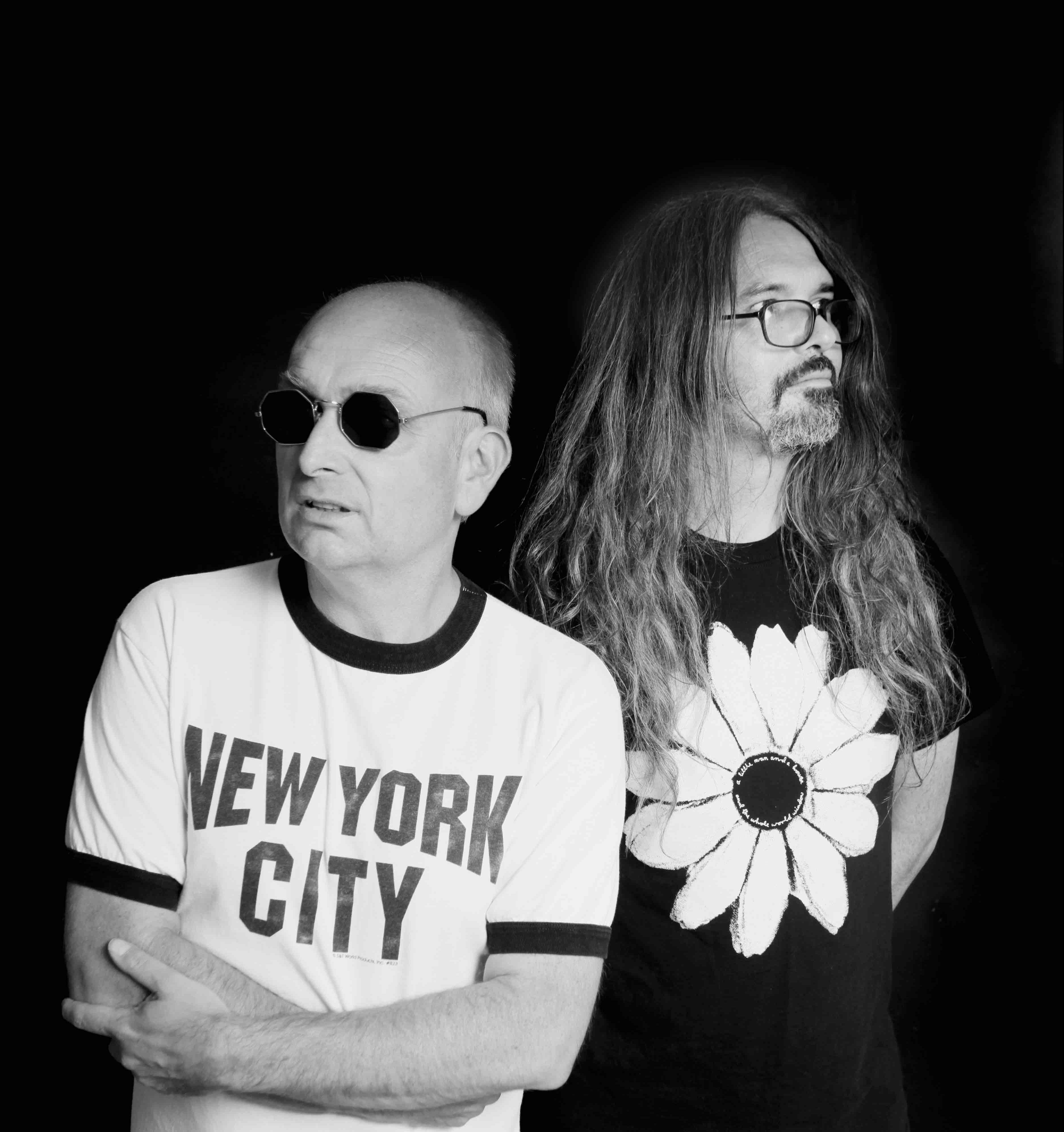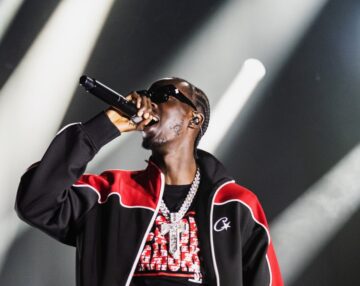
The Pocket Gods from St Albans – who receive 0.002p per song played – added that they do not support Neil Young’s boycott of the service, citing their belief in free speech as the reason.

The Pocket Gods
Lesser-spotted indie pop outfit The Pocket Gods formed in 1998 in St Albans. Their modest profile does not, however, match their prolific output (25 studio albums), but it’s not their music that’s brought them into the headlines this week.
The band have decided to record a new album of 1,000 tracks, roughly 30 seconds each in length, as a protest gesture against Spotify’s paltry, and much maligned, royalties system, that sees artists recoup a pittance compared to the record sales format of yesteryear.
Spotify’s streaming service model means a single stream of a song is activated after just 30 seconds of airtime. This means a whole play-through of The Pocket Gods new album – nakedly titled ‘1000×30 – Nobody Makes Money Anymore’ – would classify as a thousand songs under Spotify’s own rules.
The band were inspired by New York-based music professor Mike Errico, who claimed lat week that Spotify’s methods could signal the end of the standard three-minute pop song.
The Pocket Gods frontman Mark Christopher Lee explained their move: “I saw the article and it made me thing, ‘Why write longer songs when we get paid little enough for just 30 seconds?’
‘We wrote and recorded 1,000 songs, each a shade over 30 second long for the album. The longest is 36 seconds. It is designed to raise awareness about the campaign for fair royalty rates.’
One particular song – ‘0.002’ – references the amount of money bands receive per stream. Mark said: ‘We used to get 0.007p a play, still a pittance but that seems to have been cut since Spotify bought The Joe Rogan Experience podcast for $100m.’
Although critical of the recent furore surrounding Spotify’s decision to stand by Joe Rogan in the face of heated opposition from artists such as Neil Young and Joni Mitchell, who pulled their music from the service, Mark elaborated that he does not support the big boycott of Spotify by these iconic artists.
‘Spotify is a great music resource and it allows indie bands like us to upload our music without record companies,’ the frontman added. ‘I also believe in free speech even though I’m a massive Neil Young fan so I don’t support the boycott. We just want to raise awareness of the royalties issue.”
After facing condemnation from a 270-strong cohort of scientists and persons working in the medical sector, who argued Joe Rogan’s podcast should be banned for ‘misinformation’, Spotify stuck by their man (but have also recently deleted a score of old episodes with spicier guests). whynow’s Archie Brydon weighed in on the debate last week, asking Can Music and Politics Co-Exist On Spotify?
In response to questions about the financial impact to Spotify of Young, Mitchell & Co.’s migration to Amazon Music, boss Daniel Ek said it was ‘too early to know’. Since the controversy began, Spotify’s shares have fallen by more than 10 per cent (on 30th January it was reported the platform had lost more than £1.5bn in market value).
Ek told the Swedish company’s investors: ‘Usually when we’ve had controversies in the past, those are measured in months, not days. We don’t change our policies based on one creator, nor do we change based on any media cycle or calls from anyone else.’





1 Comment
21st century protest – leave Spotify and join … Amazon!